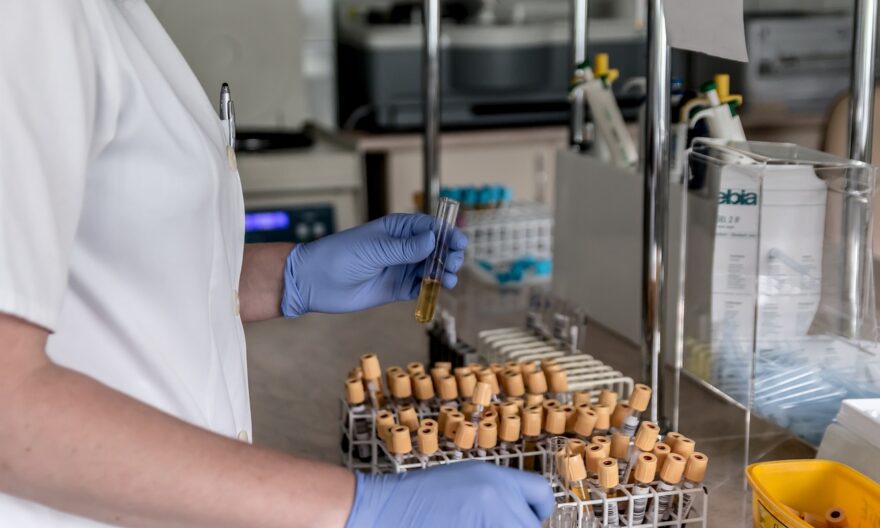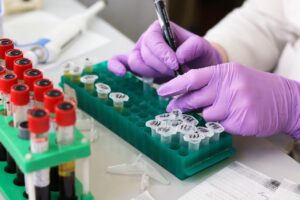
A recent report from JAMA – the Journal of the American Medical Association – has revealed that a straightforward blood test could potentially detect over 50 types of cancer before they become problematic.
These tests, known as multi-cancer early detection (MCED or MCD) tests, are emerging as the new stars in cancer screening, although they are still in their early stages. Some are already accessible in the US.
This breakthrough marks a significant moment as cancers lacking screening methods are projected to contribute to approximately half of new cancer diagnoses this year, according to the American Cancer Society. At the moment, only five cancers – breast, colorectal, lung, prostate, and cervical – have established screening methods.
Early detection plays a crucial role in combating cancer. Detecting a tumor while it’s small and localized allows for milder and often more effective treatments, offering a better chance of overcoming cancer and minimizing adverse effects like hair loss.
However, it’s still unclear how effective these tests would be in detecting cancer earlier and improving outcomes for patients. Plus, these tests are not yet fully developed for widespread marketing.
Approval or clearance from the U.S. Food and Drug Administration (FDA) is necessary, and the FDA tends to proceed cautiously with laboratory-developed tests (LDTs), as reported by JAMA.
In addition to this, MCD tests are not infallible. False positives can happen, leading to stress, further tests, and potentially biopsies. False negatives could also mean a missed diagnosis, potentially resulting in a delayed treatment plan.
Another concern is the possibility of detecting slow-growing cancers that may never pose a threat. Treating such cancers could lead to unnecessary medical interventions like surgery, radiation, or chemotherapy.
Robert Volk, a decision scientist at the MD Anderson Cancer Center, told JAMA: “From the consumer perspective, these tests are going to be very attractive. It’s a single blood test. It’s easy to do.” But he also noted: ”It’s safe to assume that primary care clinicians are not ready to have those kinds of conversations. We just don’t know at this time if this is a good idea or not.”



